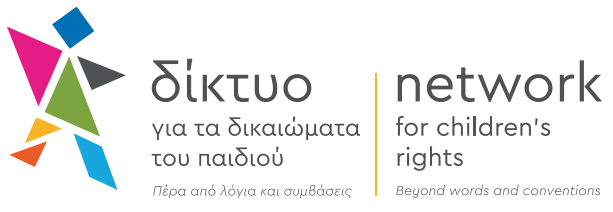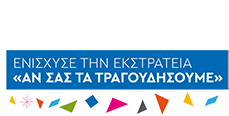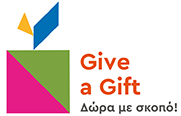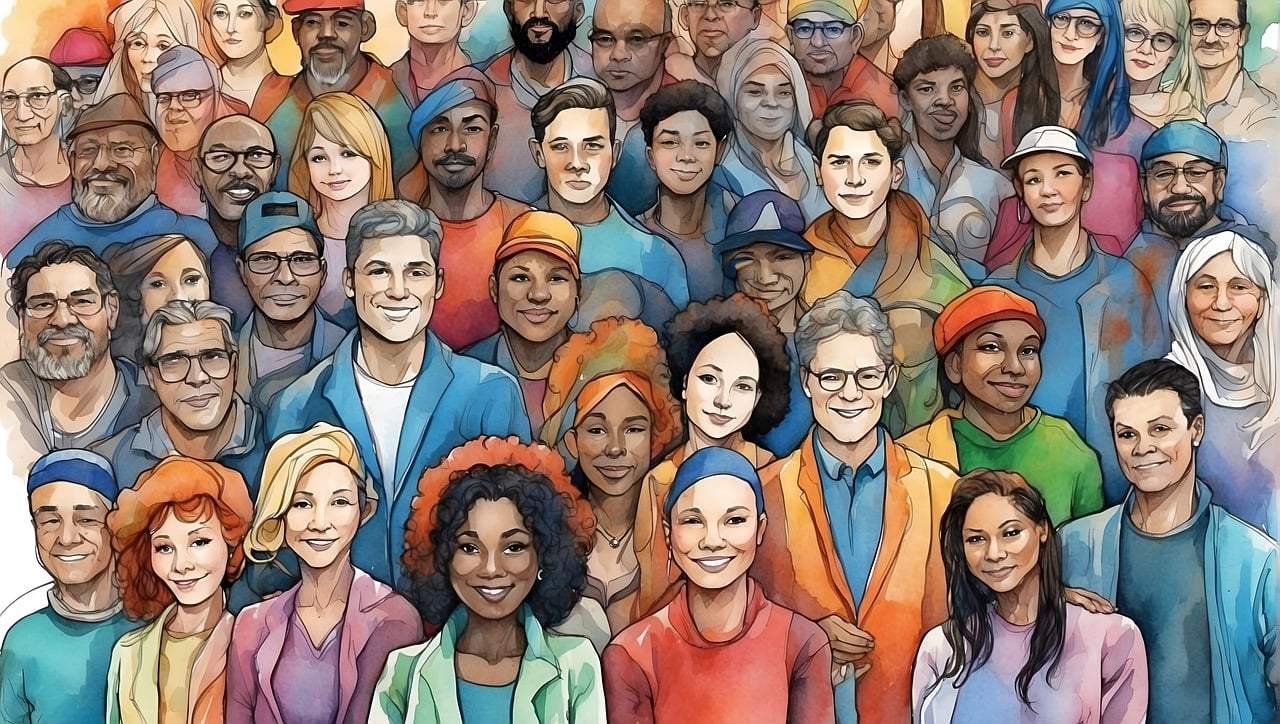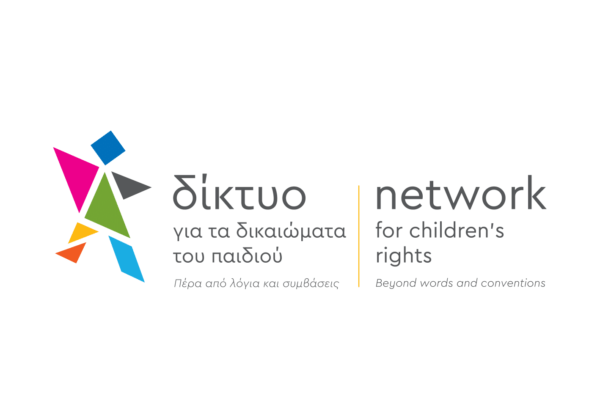Chabiba Omar
In our present time, climate change is one of the biggest and most serious problems worldwide. More and more people believe that what they use does not cause any problems so they do not pay any attention at all.
The consequences of climate change are extreme, putting all the countries of the world at risk. Ice caps in political areas are melting and sea levels are rising so there is a lot of flooding in certain areas of the world. In some areas, extreme events and heavy rainfall are becoming more frequent, while other areas are experiencing severe heatwaves, fires and droughts. To a large extent they are affected by climate change and many species of plants and animals are trying to adapt to the new climate conditions. Air pollution caused by exhaust gases is a serious threat to public health.
Finally, climate change can still affect the health of every person, since some people, specifically children and the elderly, are already suffering from diseases and those who do not have access to health services.
But, for every problem there is always a solution. In this particular, there are many ways to save the environment as well as the souls that live and try in every way to survive in it. First of all, every person should be aware of the issue of climate change and its causes. However, we should not consume too much energy, such as turning off our electrical and electronic devices when not needed.
In addition, we must keep the parks clean, because the plants contain the dioxide of the environment which is dangerous for our health. Also, it would be good to use bicycles instead of our cars, since cars also produce carbon dioxide. If it increases to large percentages, it will destroy the ozone that protects us from high temperatures. Finally, it would be good to inform the people around us about the danger that climate change causes to us and to those around us.
The article was created as part of the CERV project Efivos in Europe
Disclaimer The European Commission’s support for the production of this publication does not constitute an endorsement of the contents, which reflect the views only of the authors, and the Commission cannot be held responsible for any use which may be made of the information contained therein.
The EFIVOS II program is funded by the European Commission (CERV), with partners Network Children’s Rights (Greece), CIP (Cyprus), HESED (Bulgaria), GEYC (Romania), Dedalus (Italy), Pacto Verde (Spain), Crossing Borders (Denmark).

